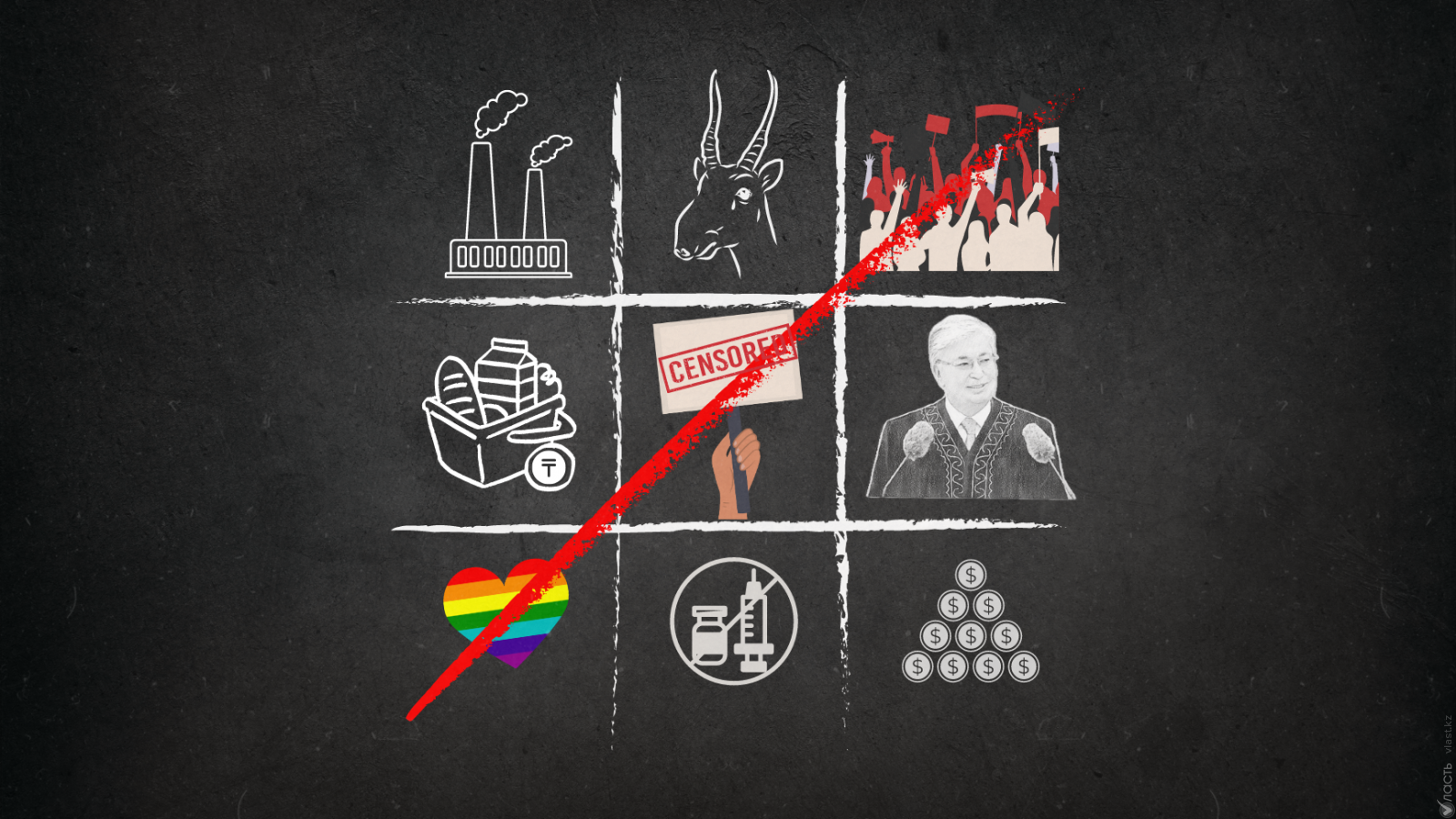A pair of deputies from Kazakhstan’s ruling party proposed to include the “propaganda of non-traditional sexual orientation” into the list of topics that the press should avoid. If adopted in the new law on mass media, the amendment would equate so-called “non-traditional sexual orientation” to porn, religious extremism, and nationalist supremacism.
Local media immediately reacted to the proposal highlighting this as yet another tool against freedom of the press. The “propaganda” label can and has been used against the press arbitrarily.
Reporters, editors, and publishers have a clear professional and ethical understanding of what they should and should not print or record. This comes before any legal provision: The principles of bringing the truth to the readers and do no harm in the process are foundational in journalism. Then, governments set additional rules (read: limitations) to preserve their particular existence. This is why media laws are different across the world.
Kazakhstan’s legal system does not precisely define what “propaganda” is and, importantly, any “non-traditional sexual orientation” is not illegal.
The boundaries on what can be published and what would constitute a threat to social order are well-defined, just look at the Constitution, which prohibits the “incitement to social, racial, national, religious, class and tribal enmity” but says nothing about sexual orientation.
Now, this particular norm banning the “propaganda of non-traditional sexual orientation” looks like a copy-cat of the provisions adopted first in Russia in 2013 and then in Hungary in 2021.
Ultimately, despite not mentioning it explicitly, these are anti-LGBT+ laws.
This is something that ultra-conservative and homophobic lawmakers have repeatedly tried to include in Kazakhstan’s legal system. A 2015 draft law “for the protection of children” that included a ban on “LGBT+ propaganda” was declared unconstitutional. Another draft law on the “rating of information products” from 2018 was stripped of an anti-LGBT+ provision before adoption, due to pressure from press freedom organizations and news outlets.
Media outlets always strive to cover the truth. We have relentlessly done so and other international outlets have also written about LGBT+ people and their struggle to be recognized as equal and have their rights respected.
It is easy for readers to detect those who only take one side and cherry-pick quotes and data in order to push a particular argument. This is propaganda, not journalism.
By introducing a vague ban on the “propaganda of non-traditional sexual orientation”, the ruling party would make it possible to arbitrarily accuse news outlets of “propaganda”, also concerning topics that are not illegal, such as “non-traditional sexual orientation”.
This increases risks and self-censorship in a media environment already plagued with pressure and limitations.
Поддержите журналистику, которой доверяют.








